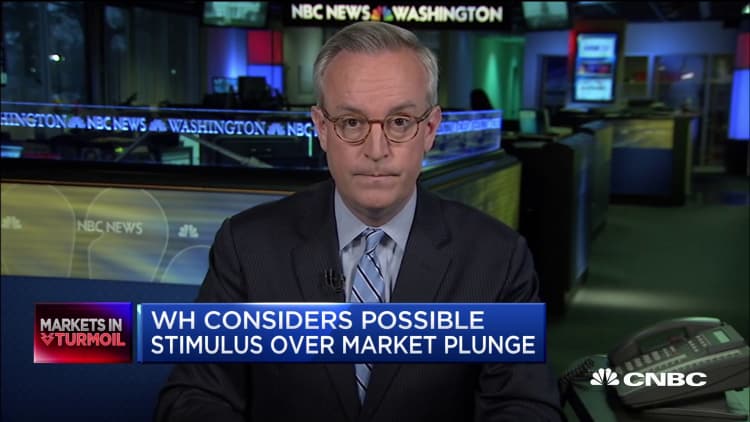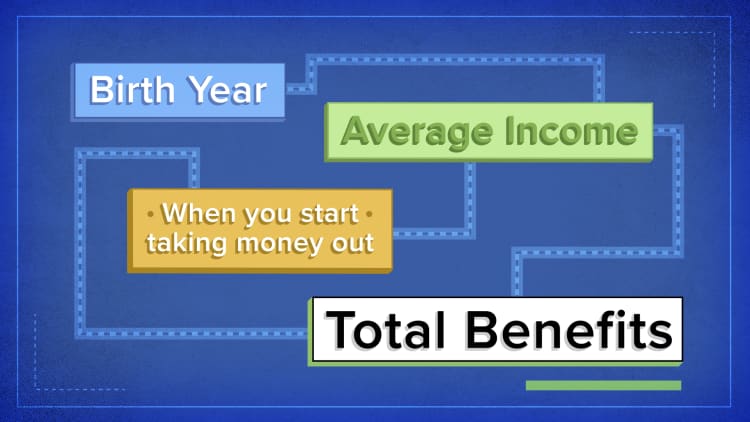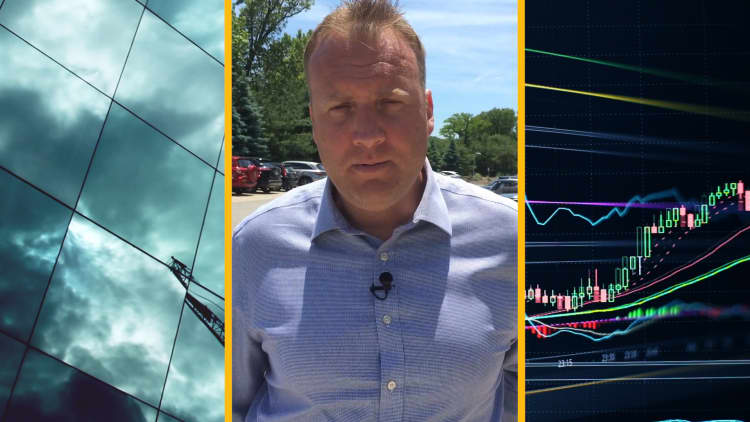President Donald Trump is considering new tax relief measures to help Americans combat the economic effects of the coronavirus.
That includes potential payroll tax cuts.
"We are to be meeting with House Republicans, Mitch McConnell, and discussing a possible payroll tax cut or relief, substantial relief, very substantial relief," Trump said at a press briefing on Monday.

It isn't the first time the president has floated the idea of cutting payroll taxes, which would let American workers take home bigger paychecks.
However, financial experts are generally not a fan of such a move, due to the potential negative consequences it could have on both individuals and the economy.
How payroll taxes work
Payroll taxes are withheld from workers' wages and are used to fund government programs, such as Social Security and Medicare.
For Social Security, employee wages are currently subject to a 6.2% tax up to $137,700. Workers also pay a Medicare tax of 1.45%.
Employers match what workers contribute by also kicking in 6.2% toward Social Security and 1.45% for Medicare.
Workers who earn more than $200,000 individually, or $250,000 if they are married and filing jointly, pay an additional 0.9% Medicare surtax.
Self-employed individuals pay 12.4% toward Social Security and 2.9% for Medicare. They also are subject to the Medicare surtax for wages over $200,000.

What a tax cut would mean
Trump has not elaborated on how large a payroll tax cut would be.
If he were to make such a move, he would not be the first. Former President Barack Obama previously reduced the taxes paid by employees to 4.2%, down from 6.2%, in 2011 and 2012.
Yet experts say that the boost consumers get to their pay checks might not be that noticeable.
If $10,000 was made exempt from payroll taxes, that would be just $700 for many workers, said Jeffrey Levine, CEO and director of financial planning at BluePrint Wealth Alliance. That might not be enough to stimulate the economy, he said.
Experts also worry that the trust funds for Social Security and Medicare, which are already facing funding shortfalls, would be further damaged.
Payroll tax cuts could not only jeopardize the benefits for individuals who are retired or who are approaching retirement, but could also point to bigger payroll tax hikes for younger generations, according to Laurence Kotlikoff, economics professor at Boston University and president of Economic Security Planning, a provider of financial planning tools.







